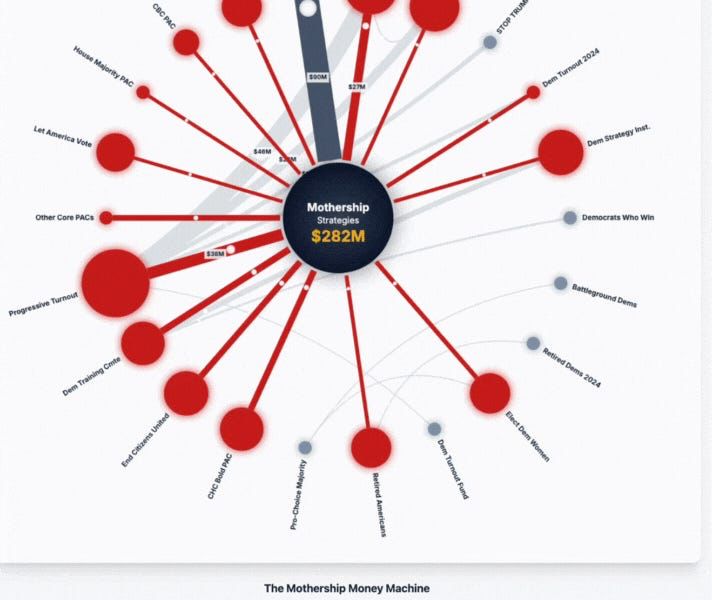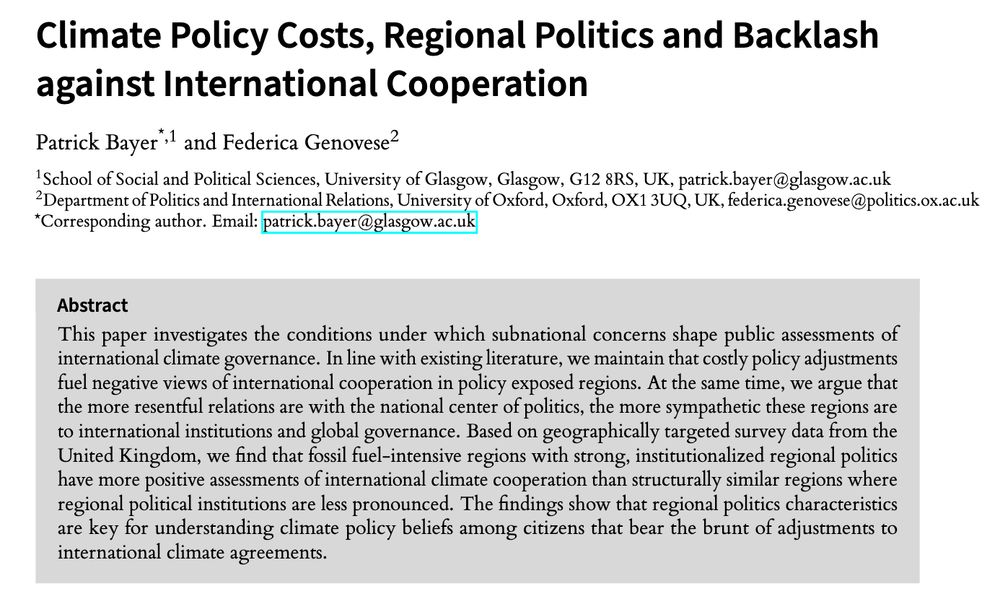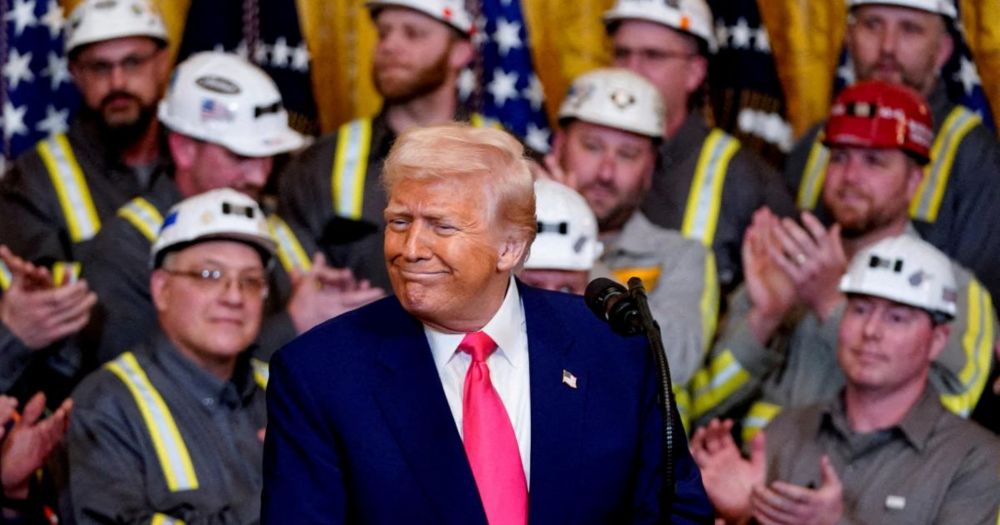Erik Voeten
@erikvoeten.bsky.social
2.4K followers
360 following
70 posts
Georgetown prof. Expect content on international politics, climate, soccer, and other random stuff. @goodauth.bsky.social editor. Views my own. Website: https://erikvoeten.georgetown.domains/
Posts
Media
Videos
Starter Packs
Reposted by Erik Voeten
Reposted by Erik Voeten
Reposted by Erik Voeten
Erik Voeten
@erikvoeten.bsky.social
· Jun 14
Erik Voeten
@erikvoeten.bsky.social
· Jun 12
Erik Voeten
@erikvoeten.bsky.social
· Jun 12
Erik Voeten
@erikvoeten.bsky.social
· Jun 12
Erik Voeten
@erikvoeten.bsky.social
· Jun 12
Erik Voeten
@erikvoeten.bsky.social
· Jun 10
Erik Voeten
@erikvoeten.bsky.social
· Jun 10
Erik Voeten
@erikvoeten.bsky.social
· Jun 10
Erik Voeten
@erikvoeten.bsky.social
· Jun 10
Erik Voeten
@erikvoeten.bsky.social
· Jun 10
Erik Voeten
@erikvoeten.bsky.social
· Jun 10
Erik Voeten
@erikvoeten.bsky.social
· Jun 10
Erik Voeten
@erikvoeten.bsky.social
· Jun 10
Erik Voeten
@erikvoeten.bsky.social
· Jun 10
Erik Voeten
@erikvoeten.bsky.social
· May 1
Erik Voeten
@erikvoeten.bsky.social
· Apr 10

Texas Oil Executives Are Frustrated at Trump for Crushing Crude Prices
The angry mutterings at the Permian Basin Petroleum Association’s “Spring Swing” golf tournament this week weren’t all about missed putts or lost balls. The Texas oilmen on the fairways had a more ser...
www.bloomberg.com




